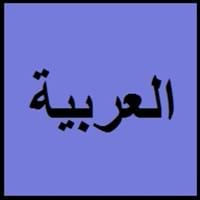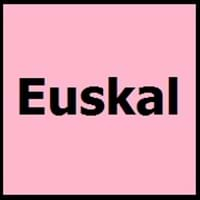Arabic vs Basque
- Arabic is 5th common language in world.
- Classical Arabic is the language of Quran and also it is official language. Classical Arabic is the only way to learn Arabic language in academic way and it does not change.
- The Basque language is the oldest European language.
- Basque alphabet include many Roman letters.
Arabic and Basque Language History
Comparison of Arabic vs Basque language history gives us differences between origin of Arabic and Basque language. History of Arabic language states that this language originated in 512 CE whereas history of Basque language states that this language originated in c. 1000. Family of the language also forms a part of history of that language. More on language families of these languages can be found out on Arabic and Basque Language History.
Arabic and Basque Greetings
People around the world use different languages to interact with each other. Even if we cannot communicate fluently in any language, it will always be beneficial to know about some of the common greetings or phrases from that language. This is where Arabic and Basque greetings helps you to understand basic phrases in Arabic and Basque language. Arabic word for "Hello" is مرحبا or Basque word for "Thank You" is Eskerrik asko. Find more of such common Arabic Greetings and Basque Greetings. These greetings will help you to be more confident when conversing with natives that speak these languages.
Arabic vs Basque Difficulty
The Arabic vs Basque difficulty level basically depends on the number of Arabic Alphabets and Basque Alphabets. Also the number of vowels and consonants in the language plays an important role in deciding the difficulty level of that language. The important points to be considered when we compare Arabic and Basque are the origin, speaking countries, language family, different greetings, speaking population of these languages. Want to know in Arabic and Basque, which language is harder to learn? Time required to learn Arabic is 88 weeks while to learn Basque time required is 88 weeks.





